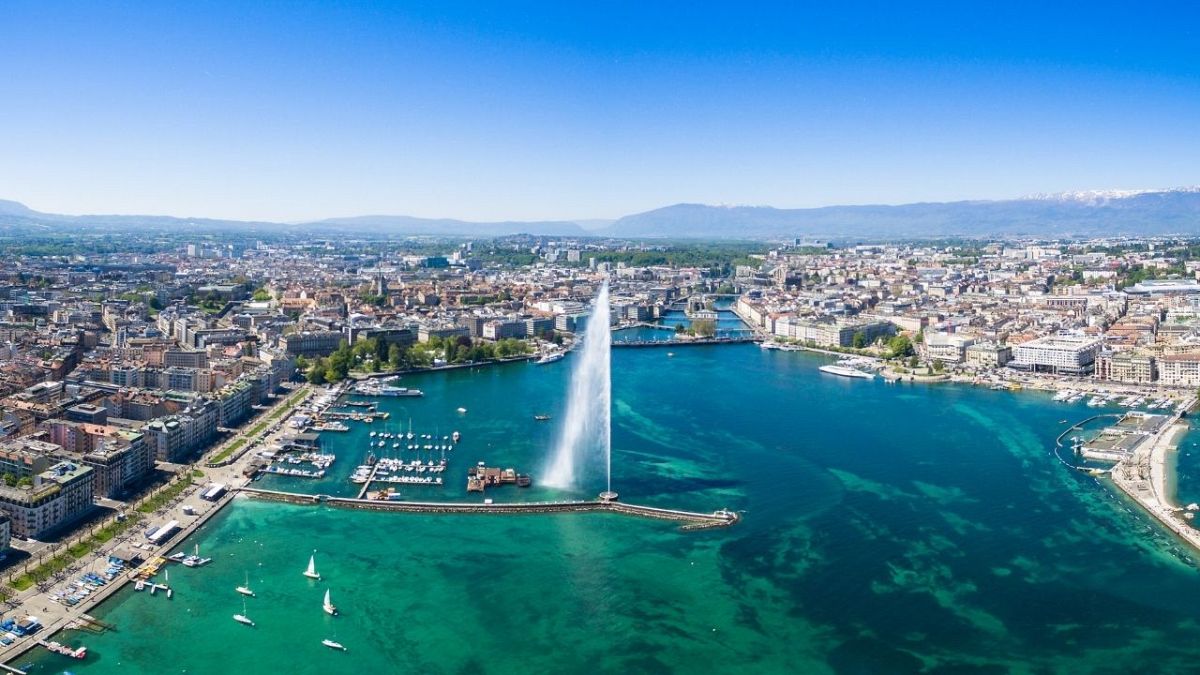
There’s a long-held assumption that those working in the Land of the Free, particularly in big cities such as New York or San Francisco, earn more than their European counterparts, particularly in the tech sector.
Take prompt engineers as the perfect example. In the last year, those with the skills and ability to train AI models have average salaries of around $300,000.
Those in Europe are making significantly less, ranging from €40,000 in Germany and the Netherlands to €100,000 in Switzerland.
However, with the average US salary now standing at $59,228 (over €54,000), in more than a dozen European countries, including Switzerland, Iceland, Luxembourg, Norway, Belgium, Austria, Germany, the Netherlands, Denmark, Finland, Sweden, Ireland and France, are surpassing their American counterparts when it comes to take-home pay.
According to the most recent figures provided by Eurostat, wages across the EU and euro areas, increased by 4 per cent and 4 per cent respectively.
3 jobs hiring across Europe this week
- Specialist/Deputy Head of the Surgical Platform, Insel Group, Bern
- Junior Consultant Financial Services, Accenture, Zurich
- Director – Methodological Lead – EU Public Policy, ICF, Brussels
Switzerland
Data compiled by Eurostat has found that in 2022, workers in Switzerland were the highest paid, with the average annual wage standing at €106,839.33.
Salaries in Switzerland are higher for several reasons. For starters, it has lower taxes than the rest of Europe, with workers paying 18.6 per cent income tax on average compared to the OECD average of 24.9 per cent, meaning take-home pay is higher.
In other words, Swiss taxpayers take home 81 per cent of their gross wage compared to the OECD average of 75 per cent. It gets even better for those with children—the average married worker with two children pays as little as 6 per cent thanks to child-related benefits and tax provisions compared to the OECD average of 14 per cent.
Switzerland also has a robust financial sector—total deposits in Swiss banks were reported at just over $2 billion (€1.8 billion) in March—and the demand for skilled finance professionals is high. As such, the average worker can make over €100,000.
Iceland
Despite the 2008 financial crisis, which saw three of the country’s major privately owned commercial banks collapse, unemployment soar and the currency value plummeting, workers in Iceland now command some of the highest salaries in Europe.
